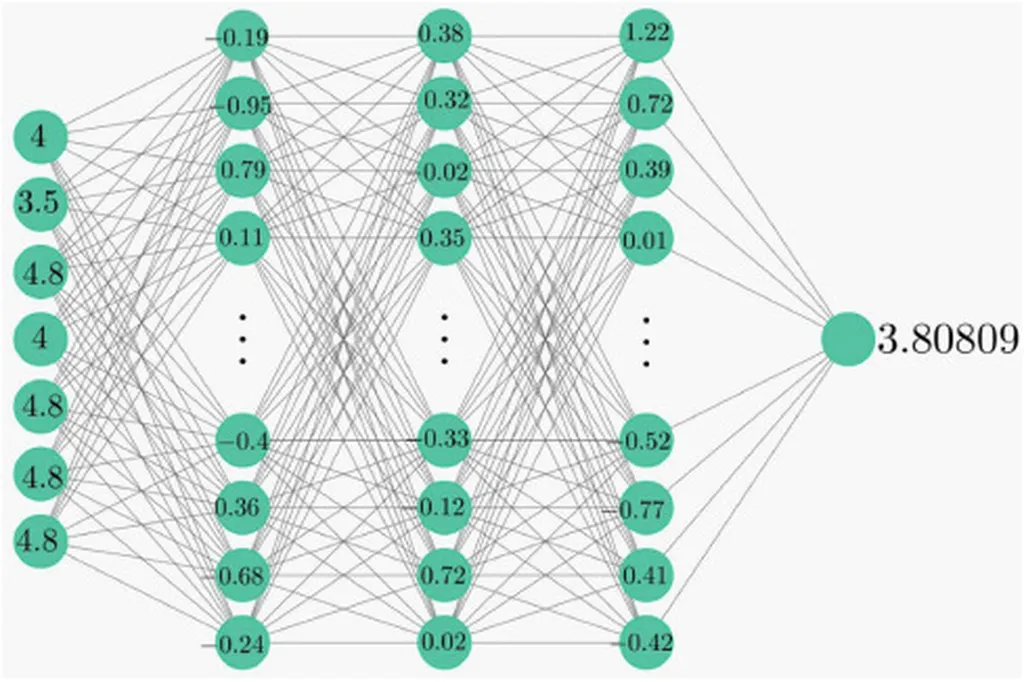In the bustling heart of Bogotá’s Quesada neighborhood, a quiet revolution is brewing—one that could redefine the competitiveness of local restaurants and reshape the urban agriculture landscape. A recent study published in *Results in Engineering* explores the potential of rooftop agriculture integrated into short supply chains, offering a sustainable business model that could boost the competitiveness of small and medium-sized enterprises (SMEs) by up to 11.8%.
The research, led by Ana Julia Acevedo-Urquiaga of the Industrial Engineering Program at ECCI University in Bogotá, delves into the often-overlooked benefits of short supply chains for intermediate clients within the urban food chain. Unlike previous studies that focus on end consumers or communities, this work highlights the competitive edge that restaurants can gain by sourcing fresh, differentiated, and environmentally friendly inputs from rooftop farms.
The proposed sustainable business model is described using a Triple-Layer CANVAS, a tool that maps out the value proposition, infrastructure, and financial viability of the model. The study employs the Value Network Reference Model and neural network techniques to analyze changes in collaboration, innovation, and proximity. The findings suggest that adopting this model could significantly enhance the competitiveness of urban restaurants, not just through cost savings but also through improved product quality and sustainability.
“Rooftop agriculture, when integrated into short supply chains, represents a strategic opportunity to enhance the competitiveness of urban restaurants,” Acevedo-Urquiaga explains. “However, its viability will depend on overcoming technical, economic, and social barriers in real-world implementation.”
The commercial impacts for the agriculture sector are substantial. By reducing logistics costs and providing access to fresh, locally sourced produce, rooftop agriculture can create a more resilient and sustainable food supply chain. This model could inspire similar initiatives in other urban areas, fostering a new wave of innovation in the agriculture sector.
The study’s findings are promising, but they are derived from analytical modeling and require empirical validation. As the world grapples with the challenges of urbanization and sustainability, this research offers a glimpse into a future where rooftop farms and short supply chains could become the norm rather than the exception.
Acevedo-Urquiaga’s work, published in *Results in Engineering*, underscores the importance of interdisciplinary research in addressing complex urban challenges. As cities continue to grow, the integration of agriculture into urban landscapes could play a pivotal role in creating more sustainable and competitive food systems.
In the words of Acevedo-Urquiaga, “This model is not just about growing food; it’s about building a more resilient and competitive urban food system.” The journey towards this future is just beginning, but the potential is immense.

